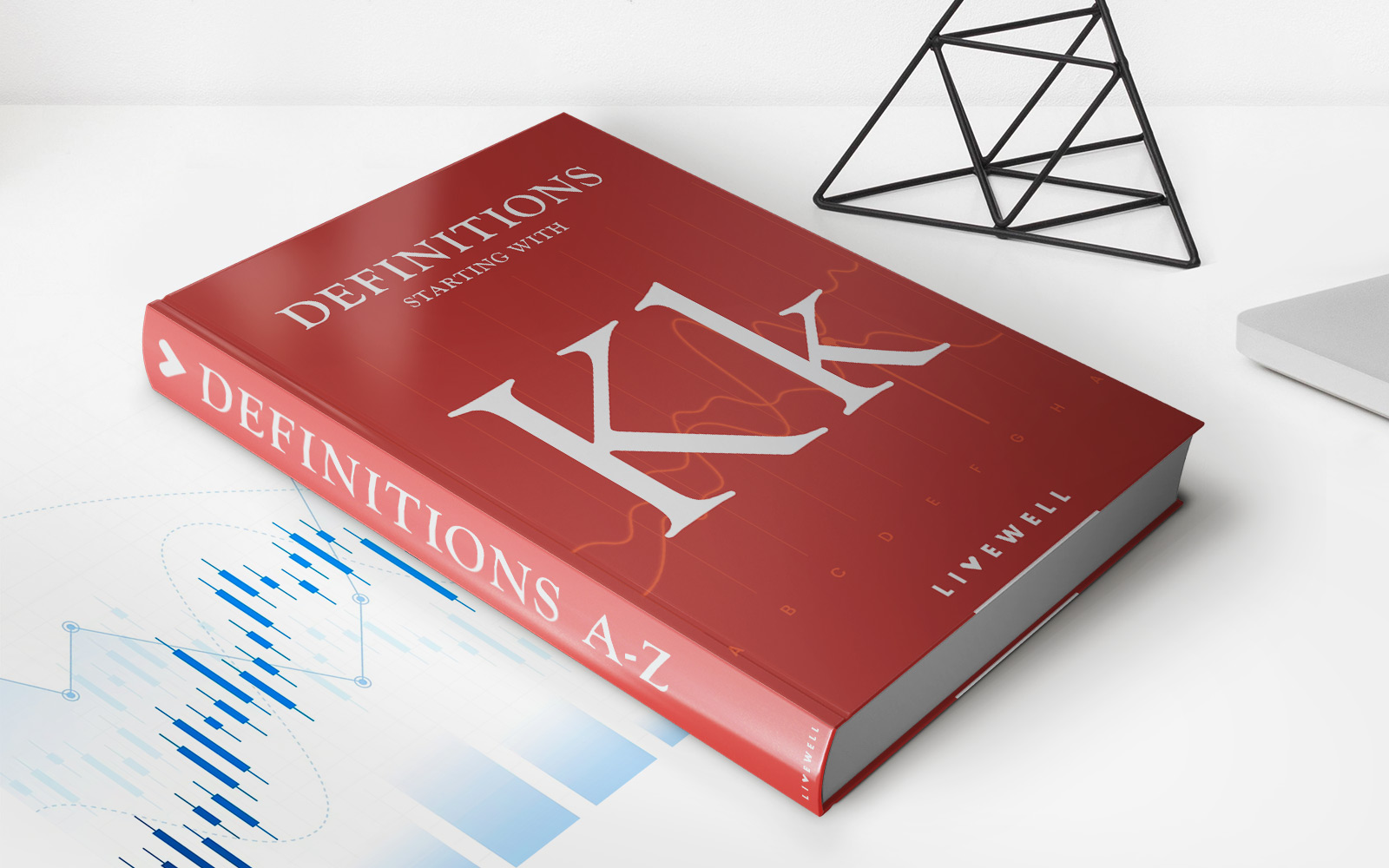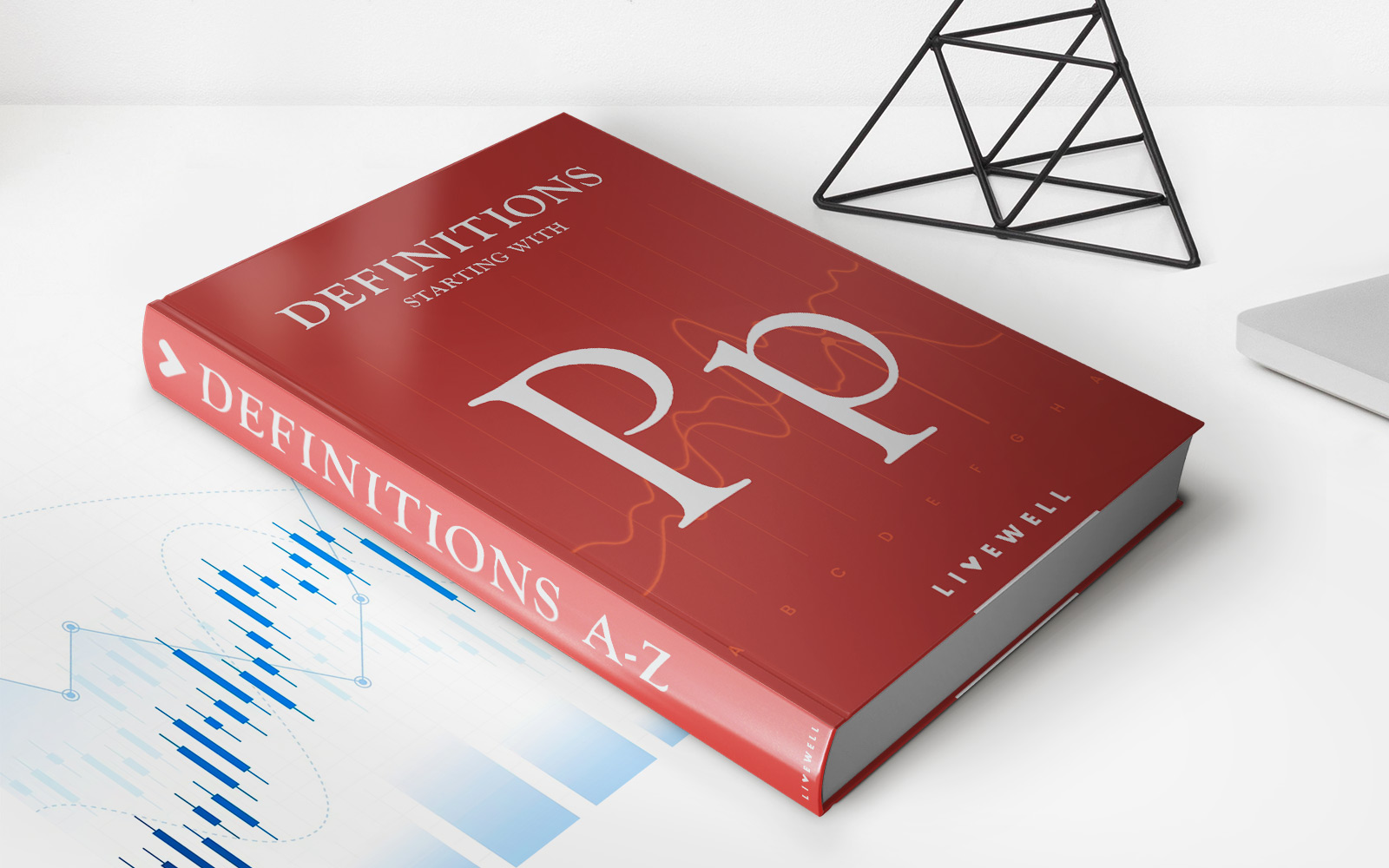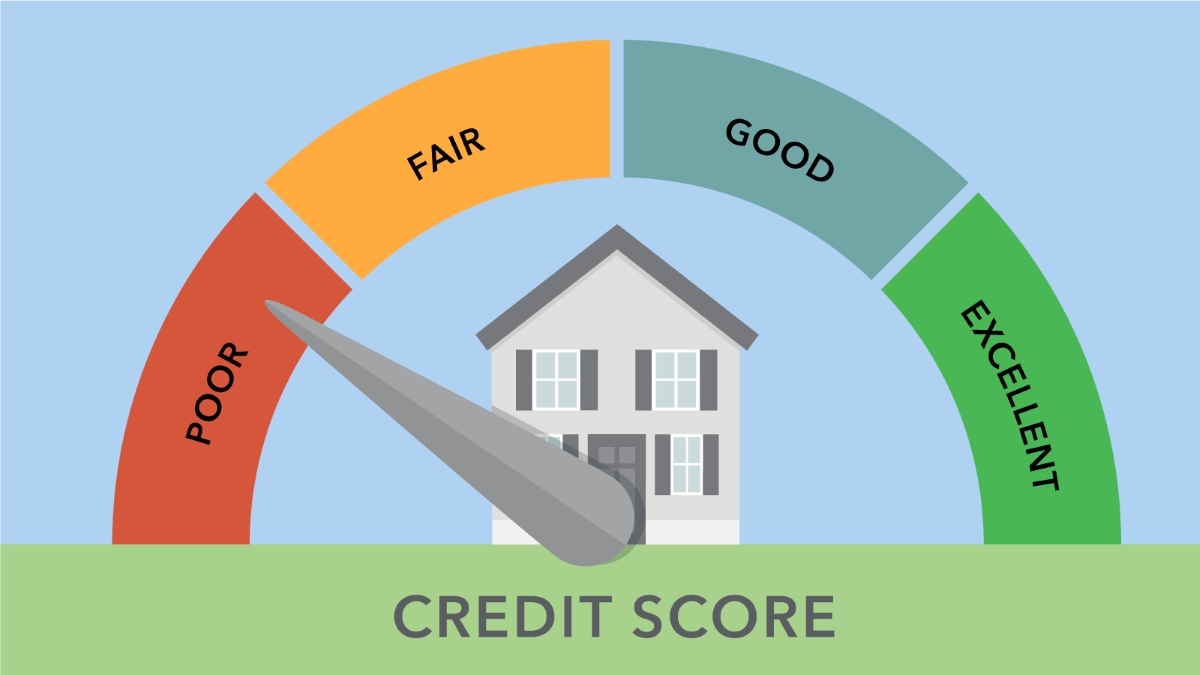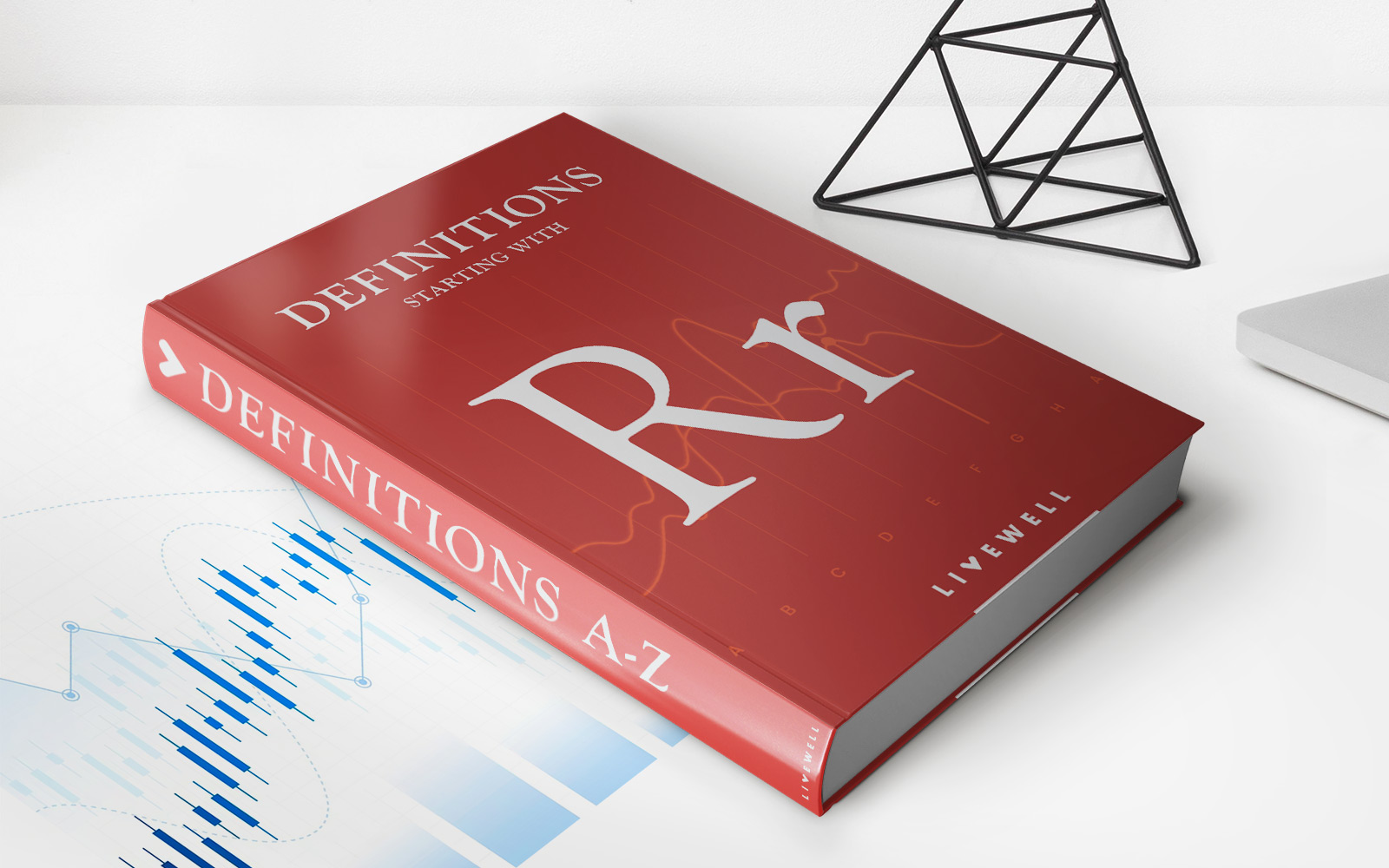Home>Finance>Which Item Is Important To Consider When Selecting A Credit Card


Finance
Which Item Is Important To Consider When Selecting A Credit Card
Published: November 6, 2023
Considering finance options when selecting a credit card is essential. Find out which item should be prioritized for a wise choice.
(Many of the links in this article redirect to a specific reviewed product. Your purchase of these products through affiliate links helps to generate commission for LiveWell, at no extra cost. Learn more)
Table of Contents
Introduction
When it comes to managing your finances, selecting the right credit card is an important decision. With so many options available in the market, it can be overwhelming to choose the most suitable one for your needs. Whether you’re a frequent traveler, a cashback enthusiast, or someone looking to establish or rebuild your credit history, understanding the key factors to consider when selecting a credit card can greatly benefit you in the long run.
A credit card is not just a convenient tool for making purchases; it also offers financial flexibility and can help you build credit when used responsibly. However, with the wide range of credit cards available, it’s essential to evaluate several factors before making a decision.
In this article, we will explore the crucial items you need to consider when selecting a credit card. By understanding these factors and how they align with your financial goals and lifestyle, you can make an informed decision that fits your unique needs and preferences.
Next, we will delve into the importance of credit card usage and responsible spending to maintain a healthy financial foundation. By understanding how to use a credit card wisely and manage your expenses effectively, you can avoid unnecessary debt and maximize the benefits of owning a credit card.
Credit Card Usage
Understanding how to use a credit card effectively is essential to avoid overspending and accumulating unnecessary debt. A credit card provides a convenient way to make payments, but it’s crucial to remember that it’s not free money. Here are some important points to consider regarding credit card usage:
- Payment Discipline: Make timely payments on your credit card to avoid late fees and penalties. Set reminders or automate your payments to ensure you never miss a due date.
- Budgeting: Create a monthly budget and use your credit card as a financial tool to track your expenditures. By monitoring your spending patterns, you can make adjustments and ensure you don’t exceed your budget.
- Responsible Spending: Use your credit card responsibly and avoid unnecessary impulse purchases. Only charge what you can afford to pay back within the billing cycle to avoid carrying a balance and incurring interest charges.
- Cash Advances: Be cautious when using your credit card for cash advances. Cash advances often attract high-interest rates and transaction fees, so it’s best to consider alternative options if you need immediate cash.
By implementing these practices, you can effectively manage your credit card usage and avoid falling into a cycle of debt. Now, let’s move on to the next important item to consider when selecting a credit card: interest rates.
Interest Rates
One of the most vital considerations when selecting a credit card is the interest rate, also known as the Annual Percentage Rate (APR). The interest rate determines the cost of borrowing on your credit card balance if you do not pay it in full each month. Here are some key points to understand about interest rates:
- Fixed vs. Variable Rates: Credit cards can offer either fixed or variable interest rates. A fixed rate remains the same over time, while a variable rate can fluctuate based on market conditions. Consider your risk tolerance and preference when deciding between the two.
- Promotional APRs: Some credit cards may offer a promotional low or 0% APR for a specified period, usually for balance transfers or new purchases. Take note of when the promotional period ends and what the standard APR will be afterward.
- Penalty APR: Late payments or exceeding your credit limit may result in a penalty APR, which is a significantly higher interest rate. Be aware of the consequences of not making payments on time and try to avoid penalty APRs.
- Interest-free Grace Period: Look for credit cards that offer an interest-free grace period between the purchase date and the due date. This period allows you to pay the balance in full without incurring interest charges.
Comparing and understanding the interest rates of different credit cards is crucial to evaluate the long-term cost of borrowing. If you typically carry a balance on your credit card, selecting a card with a lower interest rate can save you money in interest charges over time.
Next, let’s explore another important factor to consider: annual fees.
Annual Fees
Annual fees are charges imposed by credit card issuers for the privilege of using their cards. While not all credit cards have annual fees, they are commonly associated with premium or rewards cards that offer additional perks and benefits. Here are some key points to consider regarding annual fees:
- Assess Your Usage and Benefits: Evaluate your spending habits, lifestyle, and financial goals to determine if the benefits provided by a card with an annual fee outweigh the cost. Consider factors such as cashback rewards, travel benefits, and exclusive access to events or services.
- Introductory Waivers: Some credit cards may waive the annual fee for the first year as an introductory offer. Be sure to understand whether the card’s benefits continue to be worth the annual fee after the initial period.
- Alternative No-Fee Cards: If the benefits of an annual-fee card do not align with your needs, consider exploring credit cards with no annual fees. These cards can still offer valuable rewards and benefits without the associated cost.
- Waivers and Negotiation: In certain cases, credit card issuers may waive or reduce the annual fee upon request. This is particularly true if you are a long-standing customer with a good payment history. It never hurts to inquire with the card issuer about potential fee reductions.
When considering a credit card with an annual fee, it is important to carefully weigh the benefits against the cost to ensure it aligns with your financial goals and usage patterns. Remember, not all high-quality credit cards require an annual fee, so it’s important to explore your options.
Next, let’s uncover the advantages of credit cards that offer rewards and benefits.
Rewards and Benefits
Credit cards that offer rewards and benefits can provide additional value and enhance your overall credit card experience. These rewards can range from cashback, travel points, airline miles, to discounts on shopping, dining, or entertainment. Here are some key points to consider when evaluating rewards and benefits:
- Cashback Rewards: Some credit cards offer a percentage of your purchases back as cashback. Consider your spending patterns and calculate potential earnings to determine if cashback rewards align with your financial goals.
- Travel Rewards: If you’re a frequent traveler, credit cards that offer airline miles, hotel loyalty points, or travel insurance can be highly advantageous. Take into account the flexibility and value of these rewards when selecting a card.
- Rewards Redemptions: Understand how rewards can be redeemed. Some credit card programs allow for direct statement credits, while others may require you to redeem through a portal or transfer points to partner programs. Evaluate the simplicity and value of redemption options.
- Additional Benefits: Beyond rewards, credit cards may offer additional perks such as extended warranties, purchase protection, concierge services, or access to exclusive events. Assess these benefits and determine their value in enhancing your lifestyle.
When comparing credit cards with rewards and benefits, consider your spending habits and the types of rewards that align with your preferences. It’s essential to understand the terms and limitations associated with these rewards to maximize their value.
Next, let’s dive into the importance of credit limits when selecting a credit card.
Credit Limit
The credit limit of a credit card is the maximum amount you can borrow or spend on the card. It is an important factor to consider when selecting a credit card as it determines your purchasing power and impacts your credit utilization ratio. Here are some key points to consider regarding credit limits:
- Assess Your Spending Needs: Evaluate your monthly expenses and consider a credit limit that accommodates your spending patterns. Avoid selecting a high credit limit that tempts you to overspend or a low credit limit that restricts your purchasing power.
- Building Credit: For individuals looking to establish or rebuild their credit history, a credit card with a low credit limit can be a suitable option. It allows for responsible credit usage and demonstrates your ability to manage credit responsibly.
- Requesting Credit Limit Increases: Some credit card issuers may allow you to request a credit limit increase after a period of responsible usage. This can provide more financial flexibility and improve your credit utilization ratio.
- Credit Utilization Ratio: Your credit utilization ratio is the percentage of available credit you are using. It is important to keep this ratio low, ideally below 30%, to demonstrate responsible credit management. A higher credit limit can help in maintaining a lower credit utilization ratio.
When choosing a credit card, ensure that the credit limit aligns with your financial needs and goals. It’s important to note that credit limits can be adjusted over time based on your creditworthiness and relationship with the issuer.
Next, let’s explore the benefits and considerations of introductory offers when selecting a credit card.
Introductory Offers
Introductory offers are incentives provided by credit card issuers to attract new customers. These offers can include promotional interest rates, bonus rewards, waived annual fees, or sign-up bonuses. Here are some points to consider when evaluating introductory offers:
- Promotional Interest Rates: Some credit cards may offer an introductory period with a low or 0% APR for balance transfers or new purchases. Take note of the duration of the promotional period and the standard APR that will be applied afterward.
- Bonus Rewards: Certain credit cards offer bonus rewards for meeting spending requirements within a specified timeframe. Consider these bonus rewards in relation to your regular spending habits to determine their value.
- Waived Annual Fees: Introductory offers may include waived annual fees for a limited time, allowing you to enjoy the benefits of a premium credit card without the upfront cost. Be aware of when the standard annual fee will apply.
- Sign-up Bonuses: Credit cards may offer sign-up bonuses, such as a cashback bonus or bonus points, upon meeting certain requirements. Evaluate the requirements and determine if you can easily meet them to take advantage of the bonus.
Introductory offers can provide significant value, especially if they align with your spending habits and financial goals. However, it’s important to thoroughly understand the terms and conditions associated with these offers to avoid any surprises or unexpected costs.
Now, let’s discuss additional fees and charges that may be associated with credit cards.
Additional Fees and Charges
When selecting a credit card, it’s crucial to be aware of the potential fees and charges that may apply. While some fees are common across most credit cards, others may vary depending on the issuer and the specific card. Here are some important fees and charges to consider:
- Annual Fees: As mentioned earlier, some credit cards charge an annual fee for card membership. Evaluate whether the benefits and rewards outweigh the cost of the annual fee.
- Foreign Transaction Fees: If you frequently travel abroad or make online purchases from foreign merchants, be aware of foreign transaction fees that may apply. Some credit cards offer no or low foreign transaction fees, making them a better option for international use.
- Late Payment Fees: Failing to make timely payments can result in late payment fees. It’s important to understand the amount of the fee and the consequences of late payments on your credit score.
- Balance Transfer Fees: If you plan to transfer balances from other credit cards, consider the balance transfer fees that may apply. Some credit cards offer introductory periods with no balance transfer fees, which can help you save money when consolidating your debt.
- Cash Advance Fees: Using your credit card for cash advances typically incurs cash advance fees, which can be a percentage of the amount withdrawn or a flat fee. Cash advances often have higher interest rates as well, so it’s best to avoid them if possible.
Understanding and taking these fees and charges into account can help you make an informed decision when selecting a credit card. By being aware of the potential costs associated with using the card, you can determine if the benefits and rewards justify the fees.
Next, let’s explore the importance of customer service and support when considering a credit card.
Customer Service and Support
Customer service and support play a vital role in your credit card experience. Having access to reliable and responsive customer service can greatly assist you in managing your account, resolving issues, and getting the most out of your credit card. Here are some factors to consider when evaluating customer service and support:
- Accessibility and Availability: Look for credit card issuers that offer multiple channels for customer support, such as phone, email, and chat. Additionally, consider their availability, including extended hours or 24/7 support.
- Response Time: Prompt and efficient customer service is crucial when you encounter issues or have inquiries. Research or seek reviews on the responsiveness and effectiveness of the credit card issuer’s customer support team.
- Lost or Stolen Card Assistance: It’s important to know the procedure for reporting a lost or stolen card and the issuer’s promptness in providing support and resolving any fraudulent charges.
- Online Account Management: Evaluate the user-friendliness and functionality of the online portal or mobile app provided by the credit card issuer. A robust and intuitive platform can make it easier to manage your account and access important information.
- Fraud Protection: Understand the credit card issuer’s policies and protocols for safeguarding against fraudulent activities. Reliable fraud protection and proactive measures can give you peace of mind when using your credit card.
Considering the level of customer service and support provided by a credit card issuer can save you time and frustration in the long run. Opting for a credit card with excellent customer service ensures that you have a reliable and helpful resource to turn to whenever you need assistance.
Now, let’s delve into the importance of thoroughly understanding the credit card terms and conditions.
Credit Card Terms and Conditions
Understanding the terms and conditions of a credit card is crucial before making a final decision. The terms and conditions outline important information about the card’s features, fees, interest rates, and usage guidelines. Here’s why familiarizing yourself with the credit card terms and conditions is important:
- Interest Rates and Fees: Carefully review the terms and conditions to understand the interest rates, annual fees, late payment fees, and other charges associated with the credit card. This knowledge will allow you to make an informed decision based on your budget and financial goals.
- Rewards and Benefits: The terms and conditions provide details about the rewards program, including the earning rate, redemption options, and any limitations or exclusions. Understanding these terms ensures that you can maximize the benefits offered by the credit card.
- Grace Period and Billing Cycle: The grace period refers to the time between the statement date and the payment due date. Familiarize yourself with the terms related to the grace period and billing cycle to avoid interest charges on your purchases.
- Liability and Fraud Protection: Review the liability policies and fraud protection measures outlined in the terms and conditions. Understand your responsibilities in case of unauthorized charges and the process for reporting and resolving any fraudulent activities.
- Changes to Terms: Credit card issuers may update their terms and conditions over time. Be aware of your rights and the provider’s notification process for any changes that may affect your account.
It is essential to carefully read and understand the credit card terms and conditions. If you have any questions or need clarification, reach out to the issuer’s customer service. By being well-informed about the terms and conditions, you can make informed decisions and avoid any surprises or misunderstandings in the future.
Now, let’s conclude our exploration of the important factors to consider when selecting a credit card.
Conclusion
Choosing the right credit card requires careful consideration of several key factors. By understanding the items discussed in this article, you can make an informed decision that aligns with your financial goals and lifestyle. Here’s a recap of what we covered:
- Consider how you plan to use the credit card and the importance of responsible spending and payment discipline.
- Evaluate the interest rates, including promotional rates and penalty APRs, to ensure you understand the cost of borrowing.
- Weigh the benefits of credit cards with annual fees against the potential rewards and perks they offer.
- Assess the rewards and benefits offered by credit cards, such as cashback, travel rewards, and additional perks, to determine their value to you.
- Consider the credit limit that suits your financial needs and helps you maintain a healthy credit utilization ratio.
- Evaluate introductory offers, including promotional APRs and bonuses, to take advantage of potential savings and rewards.
- Be aware of additional fees and charges, such as annual fees, foreign transaction fees, and cash advance fees, to determine the overall cost of using the card.
- Consider the level of customer service and support provided by the credit card issuer, including accessibility, response time, and fraud protection.
- Thoroughly read and understand the credit card’s terms and conditions to avoid any surprises or misunderstandings in the future.
Remember, selecting a credit card is a personal decision based on your unique financial situation and needs. It’s important to assess your priorities, conduct thorough research, and compare multiple options before making a choice.
With the right credit card, you can effectively manage your finances, enjoy rewards and benefits, and build a solid credit history. Take your time, weigh the options, and make an informed decision that aligns with your financial goals. Happy credit card hunting!














